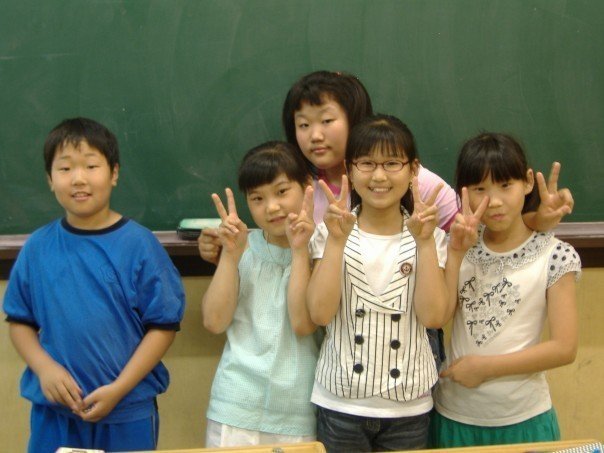User blogs
Tag Search
Before you start feeling like you’re drowning in a bowl of alphabet soup, we’re here to break down the differences and help you better understands which teaching jobs in Korea are right for you.
SMOE Korea - SMOE stands for Seoul Metropolitan Office of Education. Its teaching program is highly coveted because jobs are located in the dynamic capital city. The program, established since 2005, aims to have a native English speaker in every public school.
EPIK Teaching - EPIK stands for English Program in Korea. It’s sponsored by the Korean government and it places teachers in public schools throughout the country.
GEPIK Jobs - In short, GEPIK stand for the Gyeonggi-do school division’s English teaching program. Like EPIK and SMOE Korea, jobs with GEPIK are government contracts. Teachers work at one base school in Seoul’s “satellite” cities.
Other common ESL jobs in Korea - There are many more job opportunities in the ESL market in this Asian tiger. Teaching English in Korea also includes educating students at hagwons or private language schools, teaching classes at universities, and tutoring business people and adults one-on-one.

Although you could type “teach ESL in Korea” into any search engine, you may feel overwhelmed by the gazillions of results you get. Instead of spending hours scrolling through the good, the bad, and the downright ugly, head over to our teach ESL in Korea program directory which makes it so much easier. You can narrow your search by availability, preferred location, and type of project.
Still overwhelmed by your options? Never fear—the bibambap hasn’t run out just yet. Consider using MyGoAbroad to bookmark and compare the ESL jobs in Korea you’re interested in side-by-side. It’s handy, visual, and makes the dirty work of vetting programs way more fun.
Should I teach in Korea in a city or a rural area?One thing: Korea is so much more than Seoul. However, if you do want to teach in that wicked-good metropolis, there are benefits. Seoul is well-connected to other parts of the country and internationally. It’s also one of the world’s culture capitals, thanks to the global appeal of Korean pop culture. However, living in the capital city also means a higher cost of living, more crowds, and cramped apartments. If you still want to live in an urban area, consider other cities in Korea: Busan, Daegu, Daejeon, and Suwon.
If you’re more of a country mouse, Korea has a lot of quieter villages and towns where you can definitely get in with the local community vibe. Living in a rural area is also bound to be cheaper with lots of clean air and more opportunities to learn Korean and engage with locals.